At least for that one weekend, I did not allow time to exist. Instead, I listened to my body and empowered it to direct my day. That meant eating when I was hungry, drinking water when I was thirsty, cleaning up when I felt dirty, and sleeping when I was sleepy. It was like falling into a kind of hibernation spell where I focused on myself, my immediate needs, and in doing so, immersed myself in a kind of mental bubble where all I had to do was rest, sit with my feelings and recover the energy I have given to the universe.
However, although that experience was very healing for me, I have to admit that it came as a need to first-aid the burnout that I was already experiencing the weeks prior. I needed full days of rest because I had exhausted myself emotionally, mentally and physically to the point that if I didn’t rest, I was sure to fall under a kind of slump that would be difficult to get out of. Because of this, I have complicated feelings about the way I rested. I am proud that I was able to rest completely but I also feel ashamed that I allowed myself to get to that state in the first place.
This made me wonder: growing up, I’ve learned how to work hard but I never really learned how to rest. Maybe now is the right time to start learning.
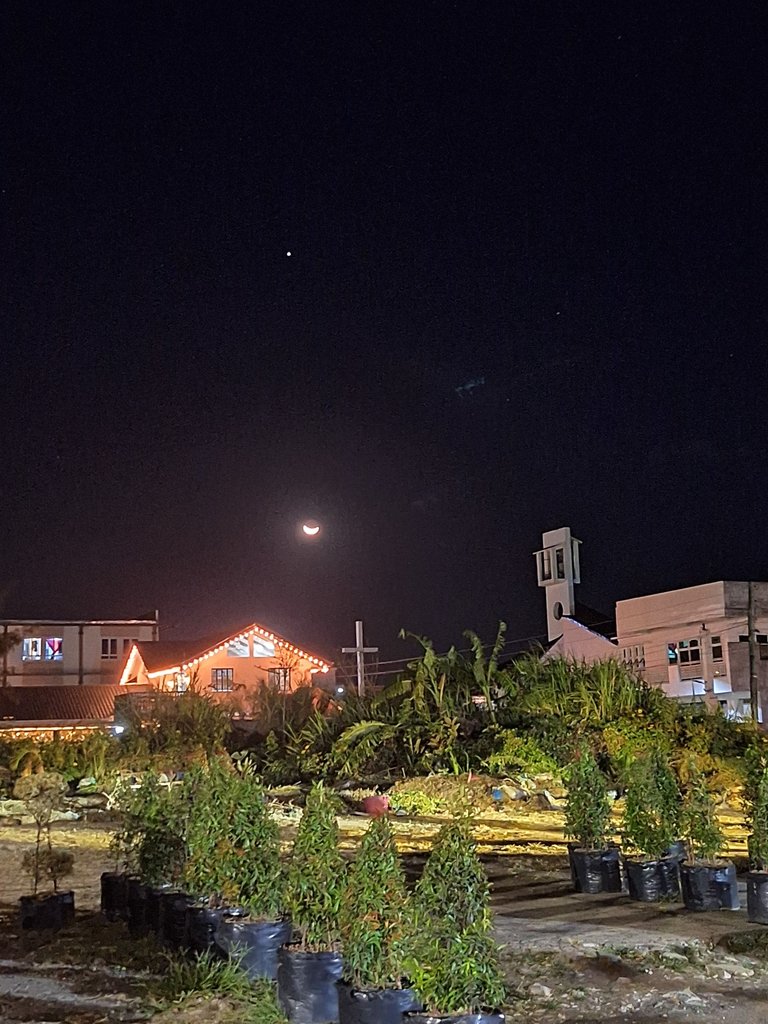
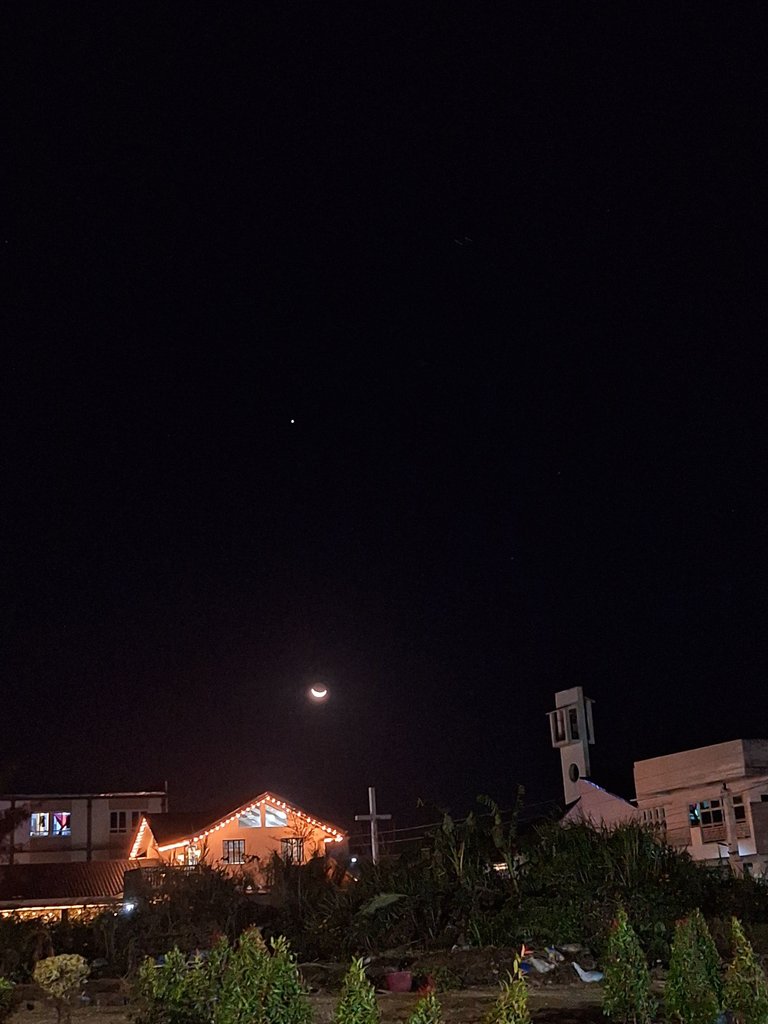
As I was writing this, I kept trying to recall all the ways I rested back in high school, college and during my early young adult years because I must have done something, right? But for some reason, what I remember more clearly was how I forfeited rest - staying up late to study, forgoing movie nights for a task I had to complete, going overtime at work, spending weekends working, and even now, struggling to take even a 15-min break and step away from my computer. I knew that there were things I did to have fun back then and there were instances that I definitely indulged in sleep, but thinking about my past behaviors in general, I now notice that my main default was always to be busy instead of to be rested. And it’s not as if I don’t like to rest either - I mean, who wouldn’t want to be resting? - but I just seem to be, by nature, someone who always had stuff to do.
With that puzzling realization, I tried to research if rest wasn’t also second nature to other people and what I found out was that there are some reasons why people could be resistant to resting.
First of all, there’s this idea that resting is equal to wasting time. More often than not, resting to an external party could look like you’re not really doing anything productive. Sleeping is not productive. Having fun is not productive. Slowing down to watch the sunset and taking a deep breath is not productive. And essentially, in a world where so much is going on and so many things have to be done, pacing yourself or even pausing, looks like a wasteful approach to managing the valuable resource of time.
An article on the Medium points to this as the reason why people can’t rest:
“So why can’t we rest? The answer? Lifetimes of being conditioned to think that resting and wasting time are the same thing — and perhaps never learning that resting and wasting time are not only different, but mutually exclusive.”
It’s impossible for resting to be a waste of time, because essentially, when you are resting you are actually using your time wisely… not necessarily productively, but in a nourishing, healing way. The idea of rest, in its most ideal form, is to rejuvenate, refresh and recharge and although what this means for every individual could be different, the goal of returning to oneself remains the same.
Of course, because of our current society, rest becomes a privilege instead of an option to begin with. The world we live in continues to enforce this idea with an economy that says time and effort is equal to the results that you get. To an extent, there is a reality that the less I rest, the more I work, the more money I make, the more valuable I am. And this matters because money and our personal net worth are essential to how we survive and navigate our current lives. If we want to afford the kind of life deemed beautiful by today’s standards, we’d need all the value we can get and we would also be averse to anything wasteful that could be detrimental to that.
The idea is this: Managing our time well can lead to success and this is true because it was made to be true.
And according to Psych Central, “The desire to achieve success may stop you from taking breaks and resting. In these cases, you may equate stopping – even temporarily to take a break – is like quitting.” (Psych Central)
And we don’t want that, do we?
Kelly Ramsdell even says “Sitting down and resting is not prioritized. Those who decide to rest often must justify it: they have to have earned the right to rest.” (Kelly Ramsdell, Tiny Buddha.com)
Personally, I am guilty of believing in these things. I identify as a hard worker, an achiever and I grew up pushing aside my needs so that I could fulfill all my responsibilities and be recognized. Even if I’m not the most diligent person out there and even if I grew up with a certain degree of privilege, there were so many instances in my life where my busy-ness was a criteria for how good I was as a person. So of course, with the accumulating evidence, that’s what I also came to believe.
Aside from this, there’s still the discomfort we feel when we actually rest.
Melanie Ross of Grow Counseling says, “We grow accustomed to a lack of downtime and then don’t know what to do with ourselves if we do have free time. We crave our fix – busyness.”
She also highlights a truth bomb about resting.
“Sometimes our hectic schedules are actually an avoidance strategy to keep us from having to sit and ponder the difficult things we are facing in life – painful relationships, unfulfilling jobs, negative emotions.” (Melanie Ross, Grow Counseling)
Since to rest is to recharge, the process includes taking a close look at ourselves and reevaluating our status, how we are, how we feel. In order to truly rest, we must first know what it is that we need before we can decide how exactly we should fulfill it. This means listening to our body, being one with our thoughts and emotions, and actually being honest with ourselves.
That kind of honesty, vulnerability is something that not all of us can grant ourselves. Admittedly, there are still times when I am afraid to be alone with my thoughts, and it actually seems more draining than replenishing to face the voices in my head than to check off my to-do list. With my tasks, I could see a concrete progress bar filling up and getting done. With my thoughts, there are often not a lot of things to be done and it just makes me feel helpless.
In short, I get it. There are many reasons why resting, a concept that would initially seem like a pretty good idea, is not always appealing or even possible to do. This realization, however, makes me more curious and makes me want to advocate for the cause. Resting is good; it is innately good. I wish we live in a world where we can be rested.
Although I still don’t have the best relationship with rest, I’ve learned to befriend it and I hope other people can too.
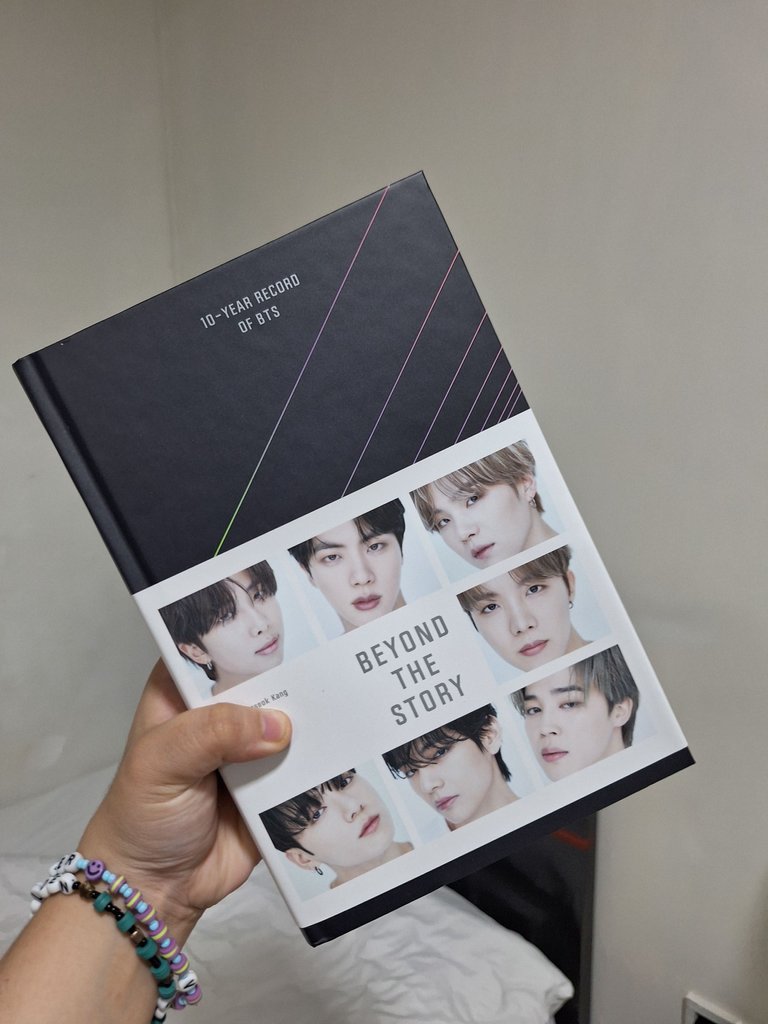
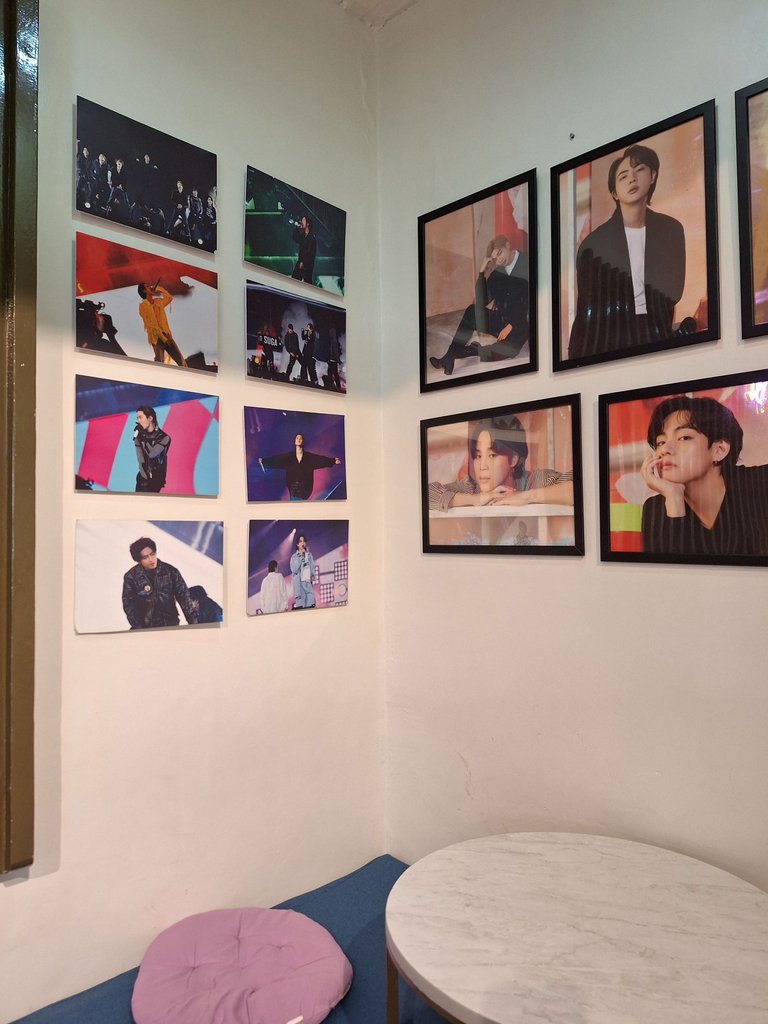
In an episode of the variety show BTS in the SOOP, Kim Seokjin talks about rest and how he spends his days off.
“To me, resting is not putting meaning into time spent for self-improvement. We live in a time where when I say gaming is my hobby, many ask why I’d do that. They instead suggest I be more productive by working out or doing something to develop my career. They often say things like ‘find a hobby,’ but I wonder if that’s really rest.”
He adds, “You know those days when you’ve done absolutely nothing, that people might look at you and say, ‘You wasted your day away.’ That’s the kind of living that gives me rest.”
When I watched that interview, I swear, something clicked in my head. At the time, I was a person who was just beginning to open up to the concept of self-care and loving myself, so hearing those particular statements at the start of my healing journey was in its own merit, very freeing. There I was, scrambling to find the most effective and productive way to love my pain away, when there was this other person introducing the idea that rest can mean something different from what I expected it to be, and if rest can be interpreted differently, maybe healing can be too.
That’s where the shift began. I became a person who didn’t prioritize rest to a person that tried out different ways of resting.
The first one is what I would like to call “lazy resting”. It’s the kind of resting where I would “nest and rot” and let the rest of my day pass me by. Usually, this meant catching up on sleep, lying down the whole day and staying in the apartment, so much so that I would eventually wonder if I’m actually just being lazy or if I’m resting too much. Resting this way helped me break my preconceived notions about resting which in turn encouraged me to learn more about myself and the kind of rest I needed. However, the line between resting and lazying around can sometimes be confusing so I wasn’t 100% comfortable with defaulting to this type of resting.
The second kind of resting is the “productive resting”. There was a time when I realized that I felt particularly exhausted if I wasn’t able to do anything creative for the day or the week. It’s a different kind of tiredness that I feel when I don’t create something, it’s as if my soul was wrung dry. And so, with that insight, I decided to dedicate time for creativity during my rest days. I wanted to recharge my soul and so I nourished it by creating videos, composing songs, journaling and writing. Doing this brought me so much joy and fulfillment and it felt like finally coming up for air. On the flip side, I did notice that creating something, even if it was 100% more rewarding for me, still took up my time and energy. Because of that, it wasn’t always the kind of restart that helped me power through the next coming days.
The third kind of resting, which I am honestly making up as I go these days, is the attuned rest. It’s a bit of a mix between the two types of resting and more, because this time, I am driven by what my mind and body needs. This type of resting is where self-reflection comes in. I make time to pause and check-in with myself so I can exactly tell what state I am in. Once I know, I can take a breather, step out of situations for a little bit, fill up my energy bar before going at it again.
A blog by Elizabeth Perry points out the importance of self-reflection, “The value of self-reflection lies in its power to help identify what’s working well in your life and develop insight into what isn’t — and why. Without the self-discovery that comes from introspection, you can become stuck in a routine that’s neither productive nor inspiring. You may not understand why you’re dissatisfied or what you can do to improve your circumstances if you don’t know what you truly want.” ( Elizabeth Perry, BetterUp)
Attuned resting also doesn’t only have to happen on weekends or when I have time. When I am connected to my mind and body, I can constantly be aware of my needs and address them little by little. In a way, with attuned rest, I can integrate taking care of myself in my daily life.
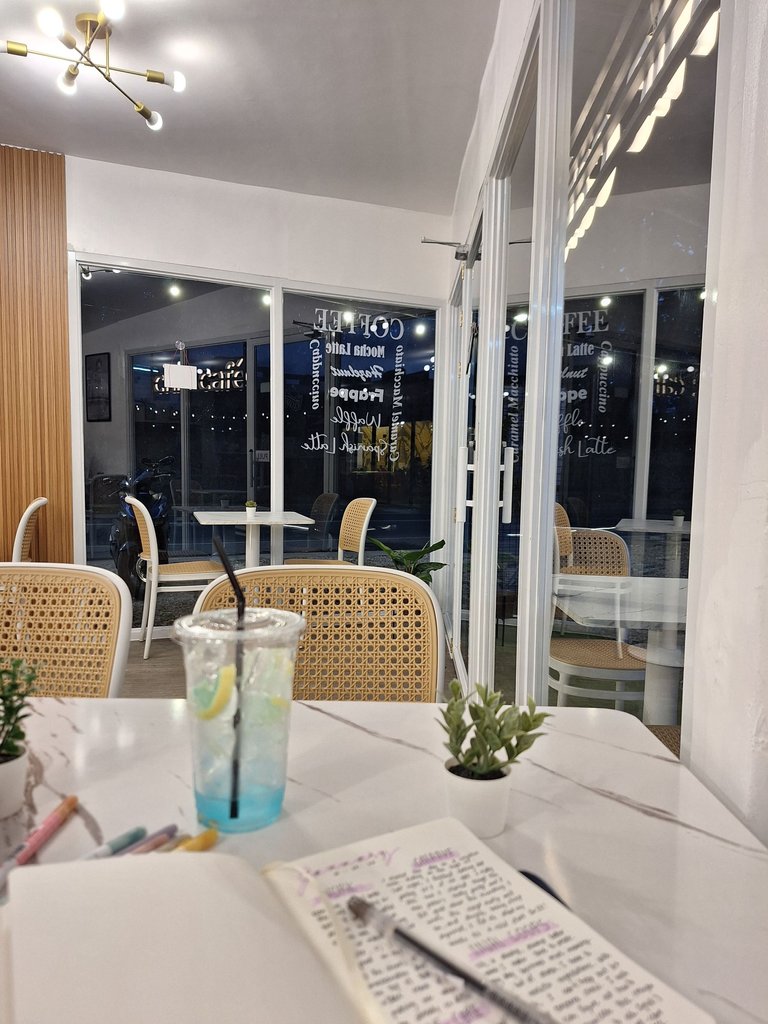
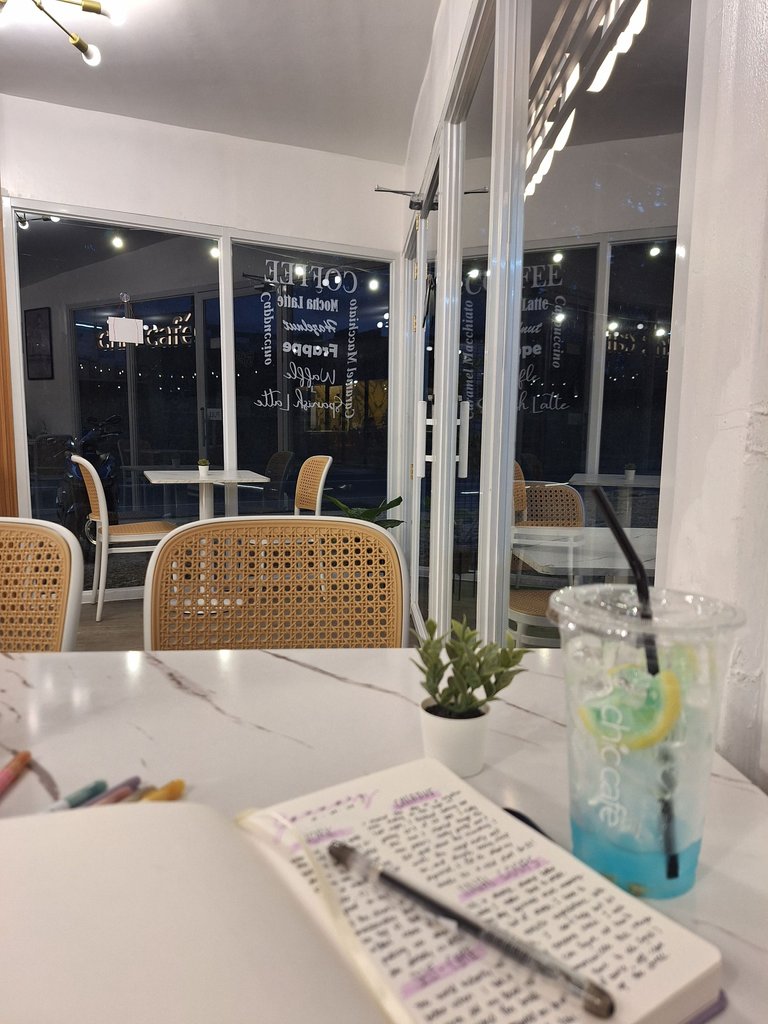
In terms of dealing with the guilt and shame connected to resting, there are some things we can do to alleviate that.
One would be accepting that rest is necessary, and it’s not just necessary so we can work again. Rest helps us regain the energy that we’ve exerted so that we can fulfill the other aspects of life as well. We are limited beings and we need to also reboot. If we can shut down and restart our laptops, why can’t we do the same for ourselves?
Another way would be to give ourselves grace and compassion. Yes, we need rest but we also deserve rest. We deserve shutting off the sirens in our head and relaxing instead of anticipating the fires we have to put out. Being rested is not a state that only comes whenever there’s a holiday or whenever we can afford to (although again, I know this is speaking from a place of privilege) but it can also be the miniscule moments of peace we grant ourselves. Close your eyes. Take a deep breath. Drink water. Hum a song.
If you still feel the guilt and shame despite shifting your mindset, maybe you can try penciling rest. Incorporate it in your daily schedule. Timeblock it. Although doing this still centers rest around a day of productivity, this can help us get into the rhythm of resting. Even if it’s just 15 minutes or half an hour, take your breaks throughout the day. At least this way, you’re more explicit about allotting time to rest, even if it’s still part of checking off your to-do list or schedule. Just a fair warning however: you’ll begin to notice that resting at times does demand more time. In those cases, we constantly have to find the balance between being gracious with ourselves and getting things done.
Another blog from the Medium encourages this, “Start somewhere, and build upon it as you integrate it into your daily life/schedule.” (Medium)
At the end of the day, I believe that resting is a matter of returning to oneself. It’s understanding myself and the best way for me to recharge. But it’s also seeing myself in the context of the world, accepting the man-made facts that limit me, but offering myself grace and compassion anyway.
Hello internet friends! Another (long) article written! Proud of this piece particularly because I talked about something that's been really floating in my brain for a while. This post was actually also the topic of Season 2 Ep 3 of my podcast. You can also listen to it here (“When Pigs Fly”).

Pauline is a digital marketer and occasional speaker for Creative Writing. Outside work, she pursues passion projects such as writing essays, poems, and short stories, composing songs and filming videos.
As a storyteller on multiple platforms, Pauline has also attempted to create multimedia content through her YouTube channel (pollenpiggy) and a podcast she hosts (“When Pigs Fly”). You can find her at @pollenpiggycreates or at [email protected].
I can so relate to this. Feeling guilty because I am resting or in my mind doing nothing when there is so much to do.
When in actual fact, when we rest our most powerful healing happens. I'm really trying to change my relationship with rest.
Great Post @pollenpiggy xxx
Thank you! Hope that we can embrace rest more in our lives!